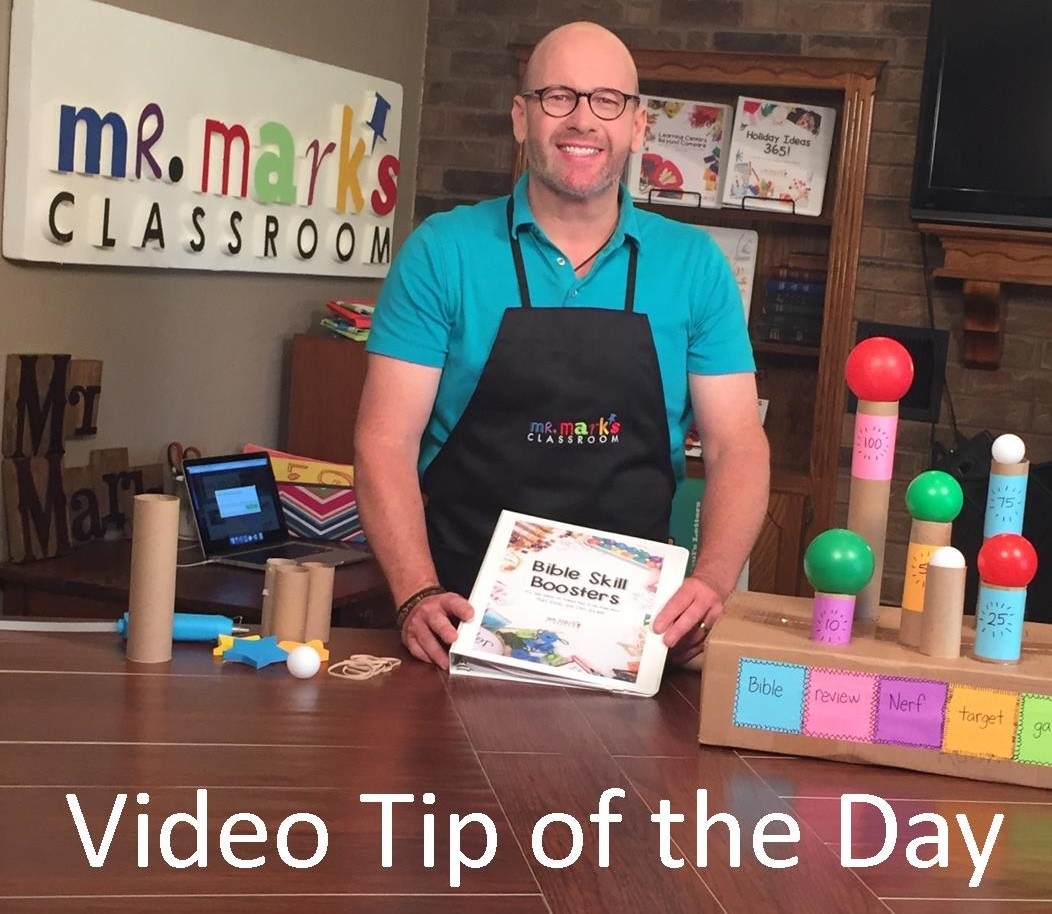These strategies can help ease kids and parents through this difficult period:
- Timing is everything. Try not to start daycare or childcare with an
 unfamiliar person when your little one is between the ages of 8 months and 1 year, when separation anxiety is first likely to appear. Also, try not to leave when your child is likely to be tired, hungry, or restless. If at all possible, schedule your departures for after naps and mealtimes.
unfamiliar person when your little one is between the ages of 8 months and 1 year, when separation anxiety is first likely to appear. Also, try not to leave when your child is likely to be tired, hungry, or restless. If at all possible, schedule your departures for after naps and mealtimes.
- Practice. Practice being apart from each other, and introduce new people and places gradually. If you’re planning to leave your child with a relative or a new babysitter, invite that person over in advance so they can spend time together while you’re in the room. If your child is starting at a new daycare center or preschool, make a few visits there together before a full-time schedule begins. Practice leaving your child with a caregiver for short periods of time so that he or she can get used to being away from you.
- Be calm and consistent. Create a exit ritual during which you say a pleasant, loving, and firm goodbye. Stay calm and show confidence in your child. Reassure him or her that you’ll be back — and explain how long it will be until you return using concepts kids will understand (such as after lunch) because your child can’t yet understand time. Give him or her your full attention when you say goodbye, and when you say you’re leaving, mean it; coming back will only make things worse.
- Follow through on promises. It’s important to make sure that you return when you have promised to. This is critical — this is how your child will develop the confidence that he or she can make it through the time apart.
As hard as it may be to leave a child who’s screaming and crying for you, it’s important to have confidence that the caregiver can handle it. It may help both of you to set up a time that you will call to check in, maybe 15 to 20 minutes after you leave. By that time, most kids have calmed down and are playing with other things. Don’t let yourself give in early and call sooner! If you’re caring for another person’s child who’s experiencing separation anxiety, try to distract the child with an activity or toy, or with songs, games, or anything else that’s fun. You may have to keep trying until something just clicks with the child. Also, try not to mention the child’s mother or father, but do answer the child’s questions about his or her parents in a simple and straightforward way. You might say: “Mommy and Daddy are going to be back as soon as they are done dinner. Let’s play with some toys!”





